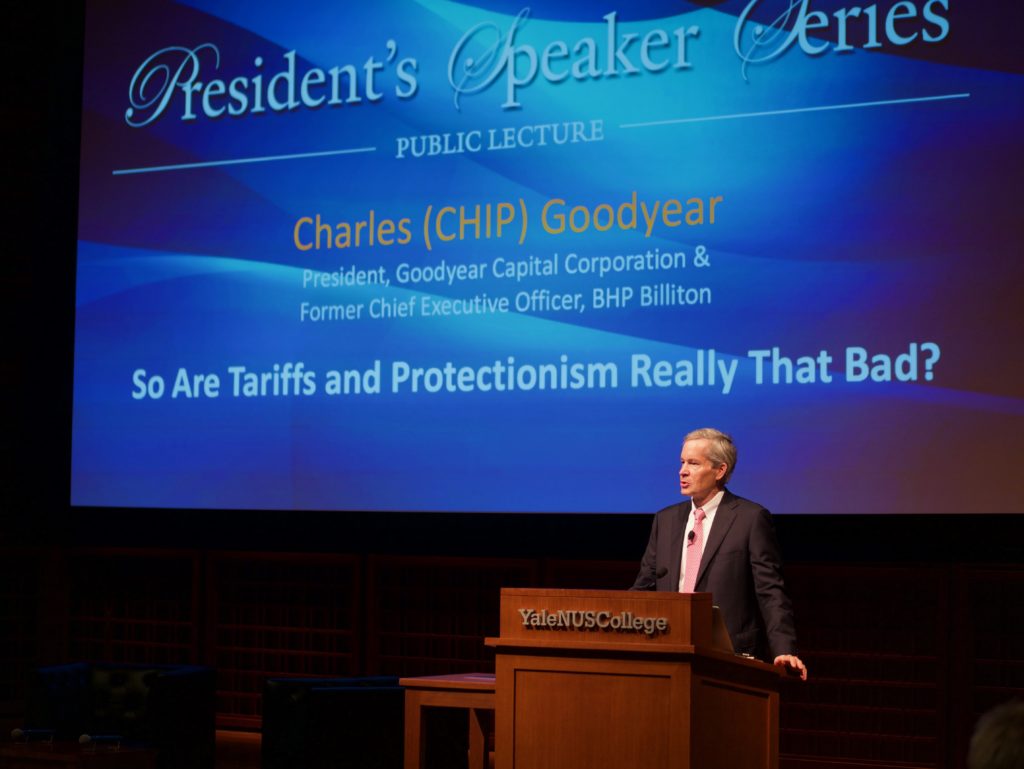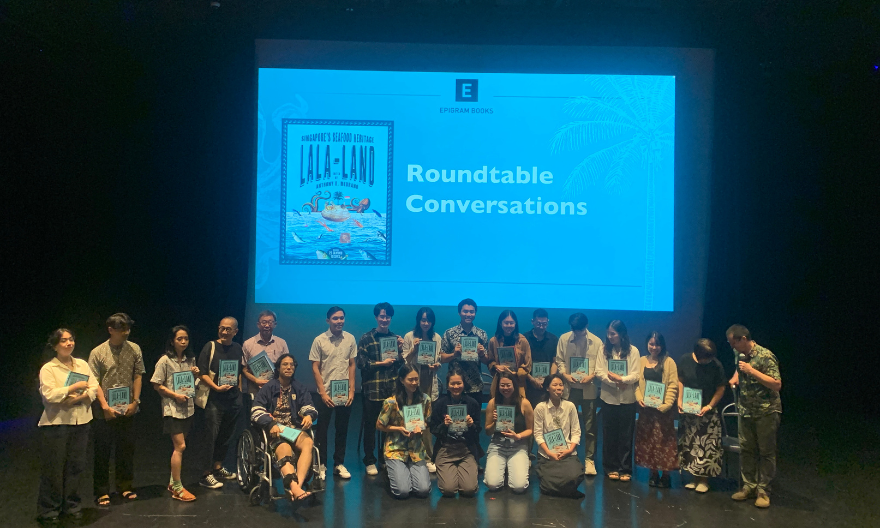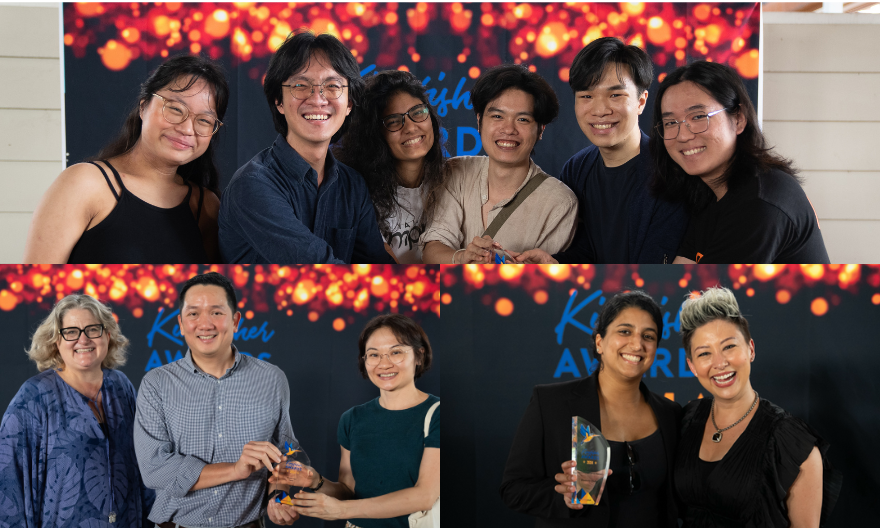President’s Speaker Series: Charles ‘Chip’ Goodyear discusses protectionist policies and their effects
 Chip Goodyear spoke on the benefits and costs of tariffs and other protectionist policies. Image by Yasunari Watanabe for Yale-NUS College.
Chip Goodyear spoke on the benefits and costs of tariffs and other protectionist policies. Image by Yasunari Watanabe for Yale-NUS College.
On 21 February, Yale-NUS College had the honour of hosting Mr Charles ‘Chip’ Goodyear, who delivered a lecture on tariffs and other protectionist policies as part of Yale-NUS President’s Speaker Series, a lecture series designed to allow the community to engage with some of the brightest academics and practitioners on contemporary issues of today. Mr. Goodyear heads both Goodyear Capital Corporation and Goodyear Investment Company and is the former Chief Executive Officer of BHP Billiton, the world’s largest mining company (currently known as BHP).
In his lecture “So Are Tariffs and Protectionism Really That Bad?” Mr Goodyear addressed an audience of around 250 on the topic of protectionist policies, a pressing issue given today’s global climate. At the heart of his discussion was the efficacy of such policies, and whether the benefits of protectionism outweighed its long term costs.
In addition to laying out the different protectionist tools and rationales that policymakers employ to protect their economies and further their interests, Mr. Goodyear delved into the historical costs and impacts of protectionism. Whether it was the monopoly given to the British East India Company by the Queen that was a catalyst for British influence in Asia for more than 350 years, or the rise of China as an economic powerhouse through the support of their domestic market following Xiaoping’s four modernisations, protectionism’s effects are widespread and varied.
Mr. Goodyear also drew on his extensive knowledge and experience to explain the effects of protectionism on the raw commodities industry, while also bringing to light specific case studies from around the world. He acknowledged the complexities of protectionism, noting that “at the end of the day, when protectionism is invoked everyone pays. The question is whether the costs are worth the benefits.”
The lecture ended with a question-and-answer session with members of the audience moderated by Professor Edward John Driffill, Visiting Professor of Social Sciences (Economics) and Director of the Division of Social Sciences at Yale-NUS.
Aditya Karkera (Class of 2020), one of the audience members, said the talk helped him to see costs of protectionism that he had not considered before.
He said, “What was very interesting was Mr Goodyear’s point on the opportunity costs that countries do not take into account when they make protectionist decisions. He gave a good example of how India missed out on a massive iron ore opportunity that was fuelled by a growing global steel industry because of mismanaged protectionist policies. He was able to show this very visually and strikingly, in a way that drove home his point on the potential opportunity costs in the long term that are missed out by policy makers who are seeking more short term decisions that soothe business interests at home.”
Michael Kuzminski (Class of 2021) mentioned how the lecture had helped further his understanding of the nuances of this topic, noting that he had conversations stemming from the talk afterwards with Professor Driffill during office hours.
“I particularly benefited from the presentation where Mr. Goodyear objectively pointed out the advantages and disadvantages that certain countries had obtained or produced from engaging in certain protectionist measures,” he .
Mr Goodyear is a trustee at Yale University, one of the two founding universities of Yale-NUS College.





